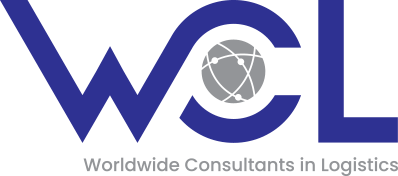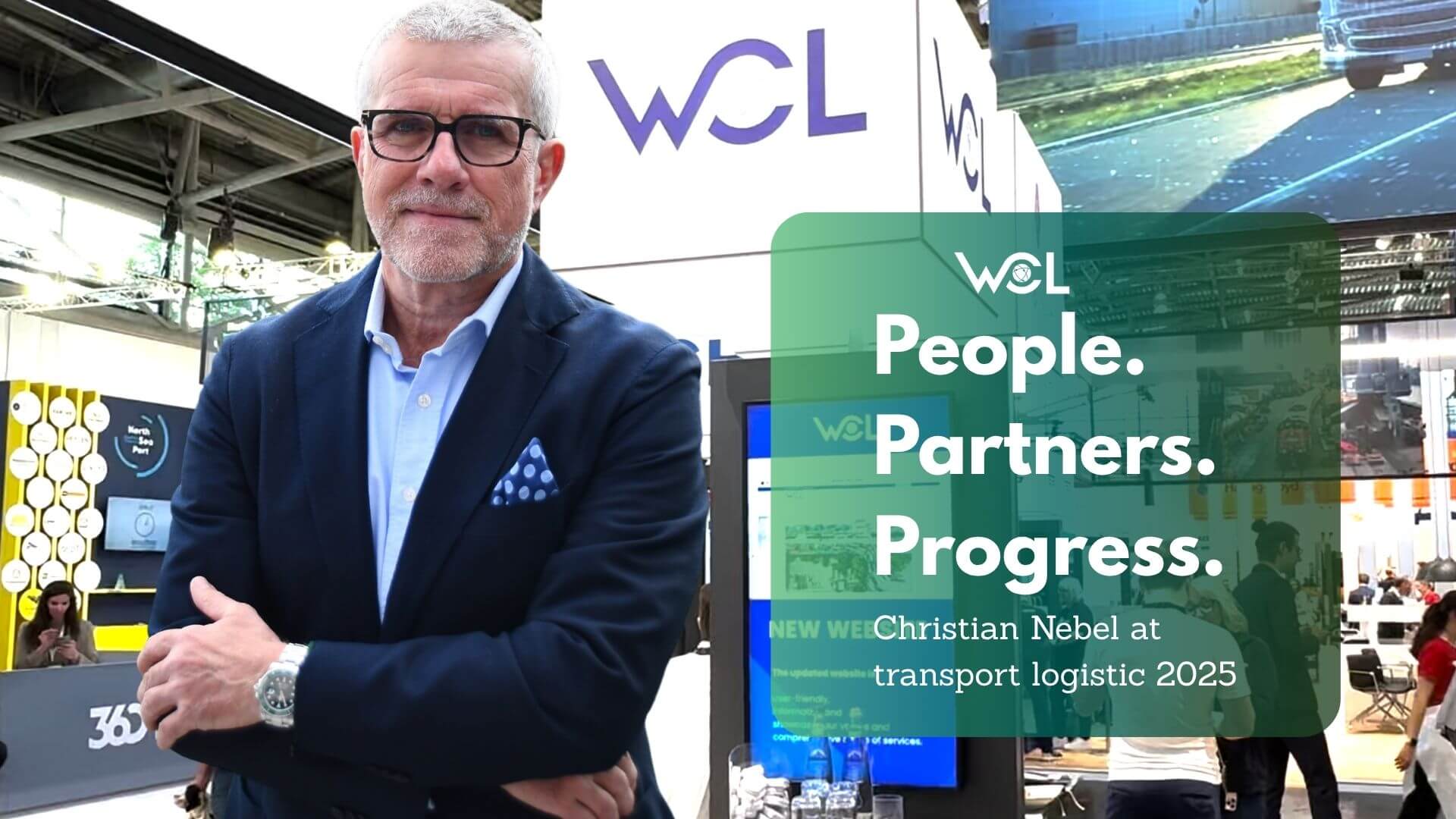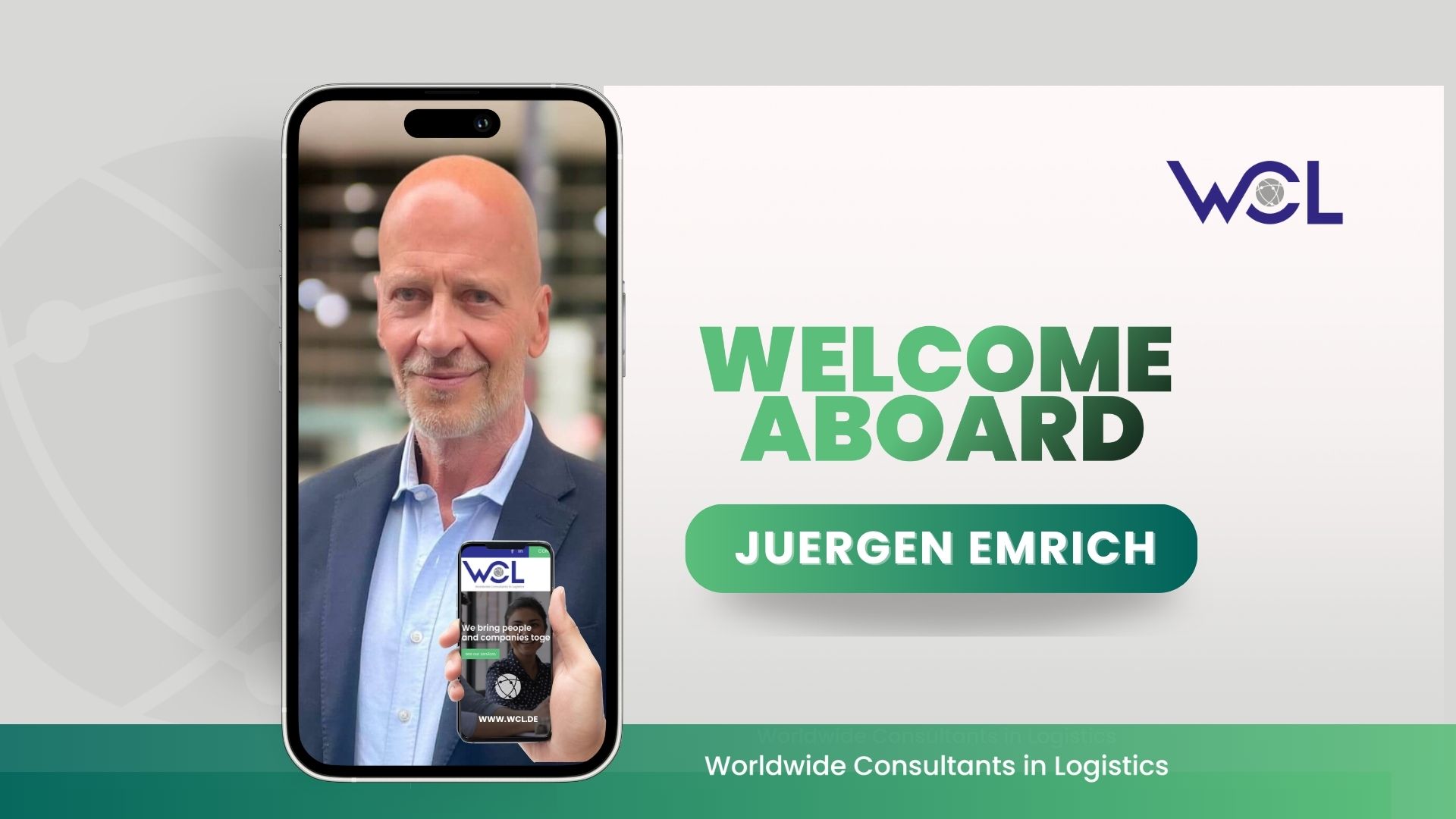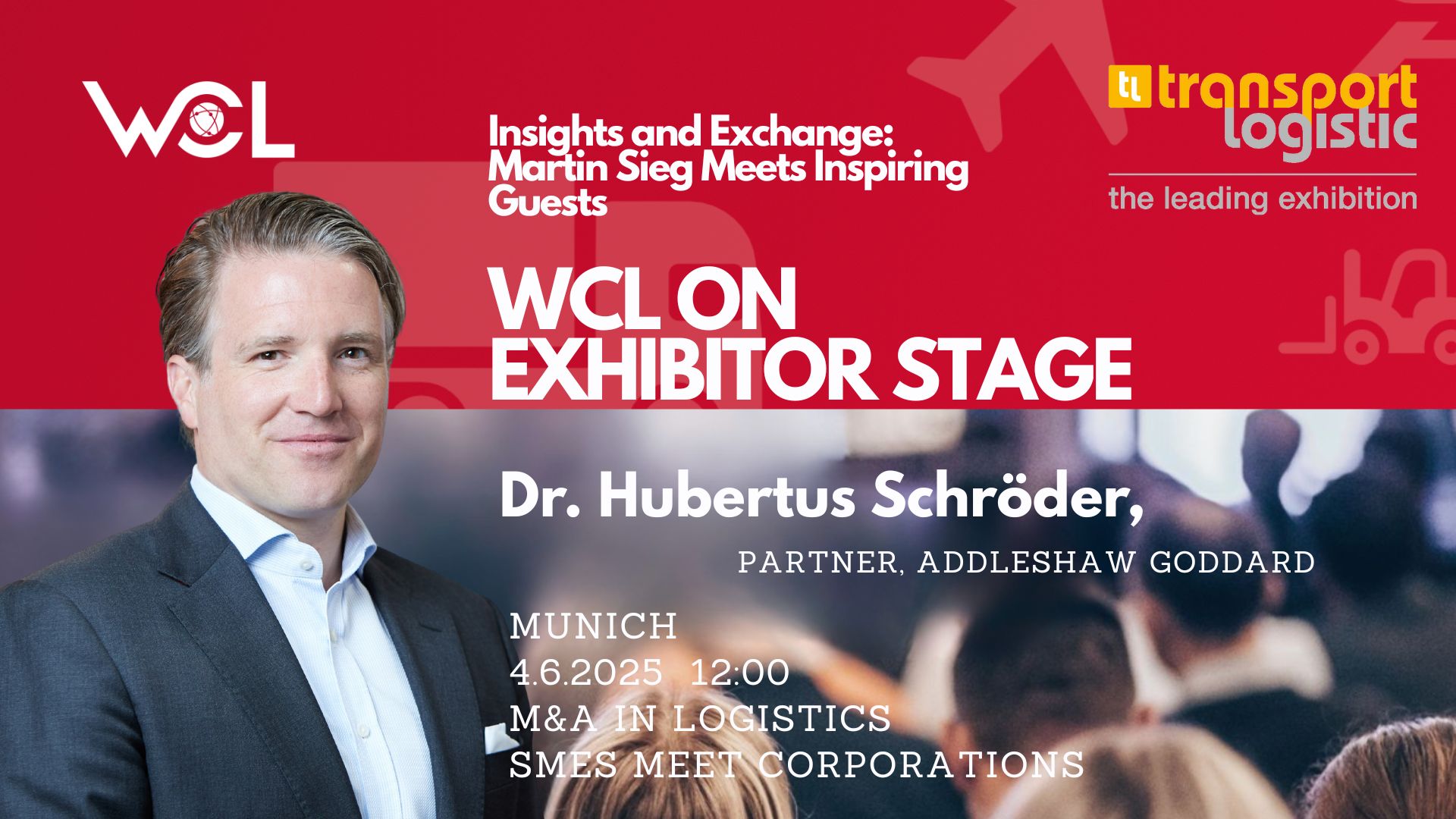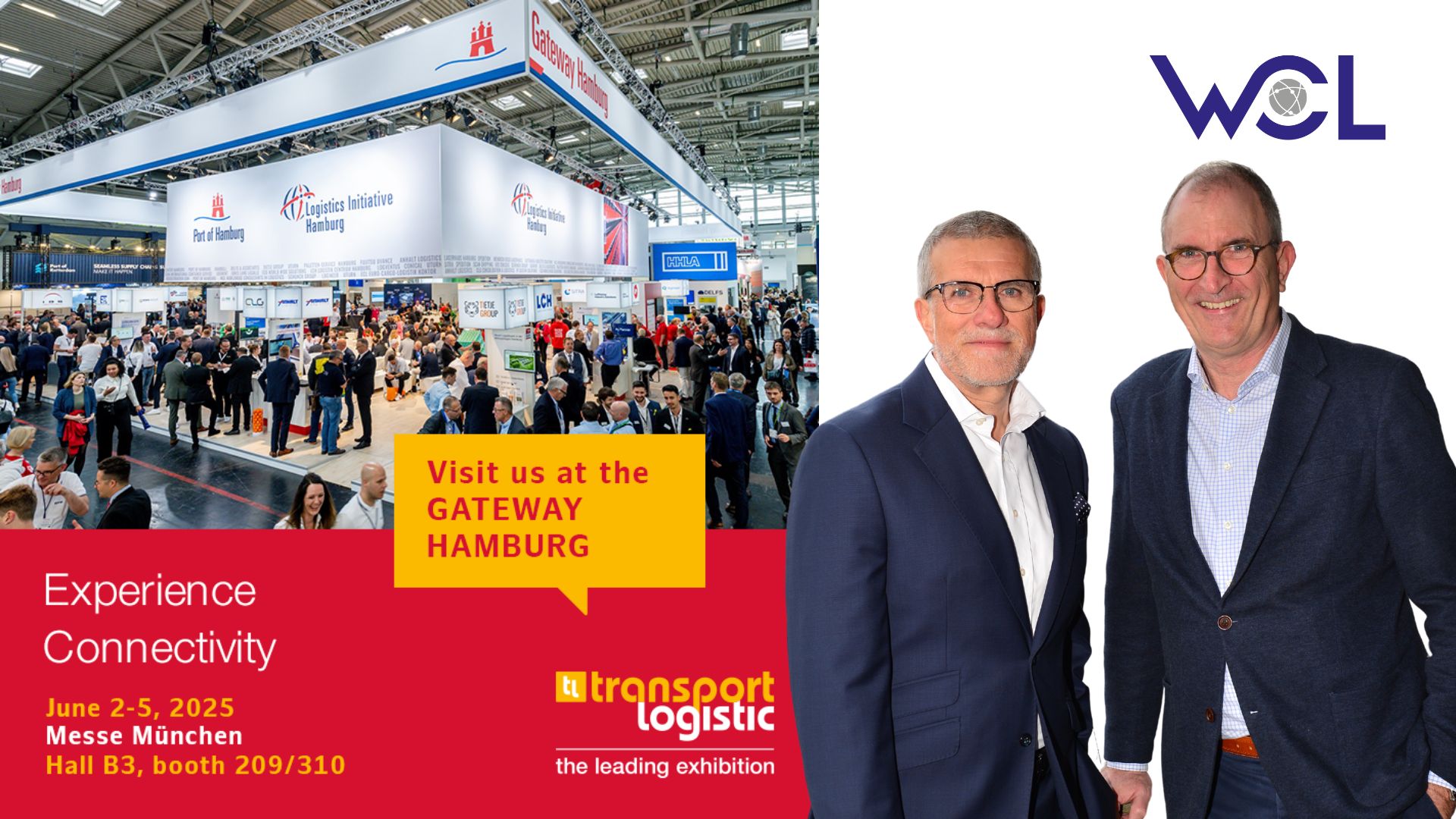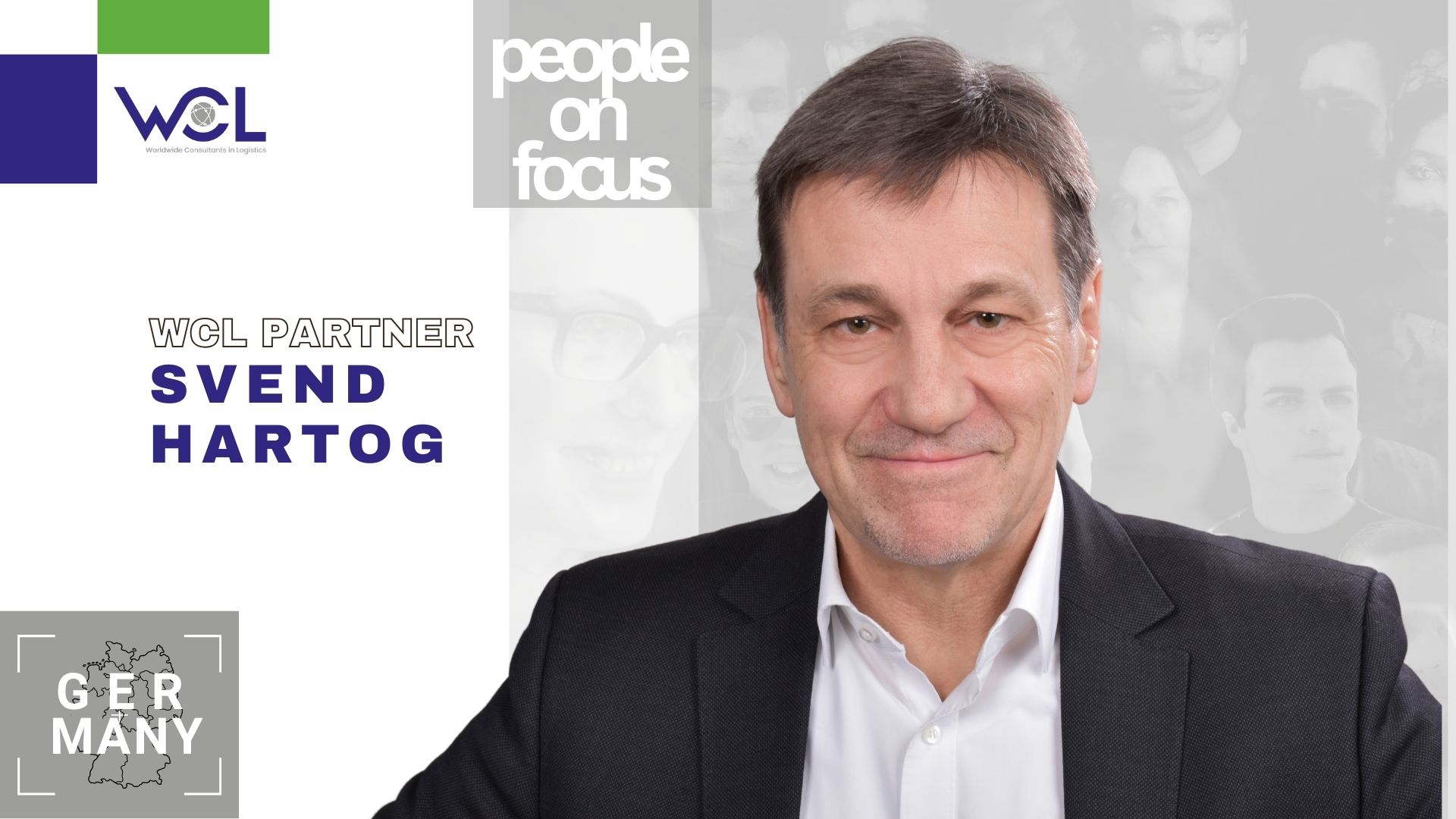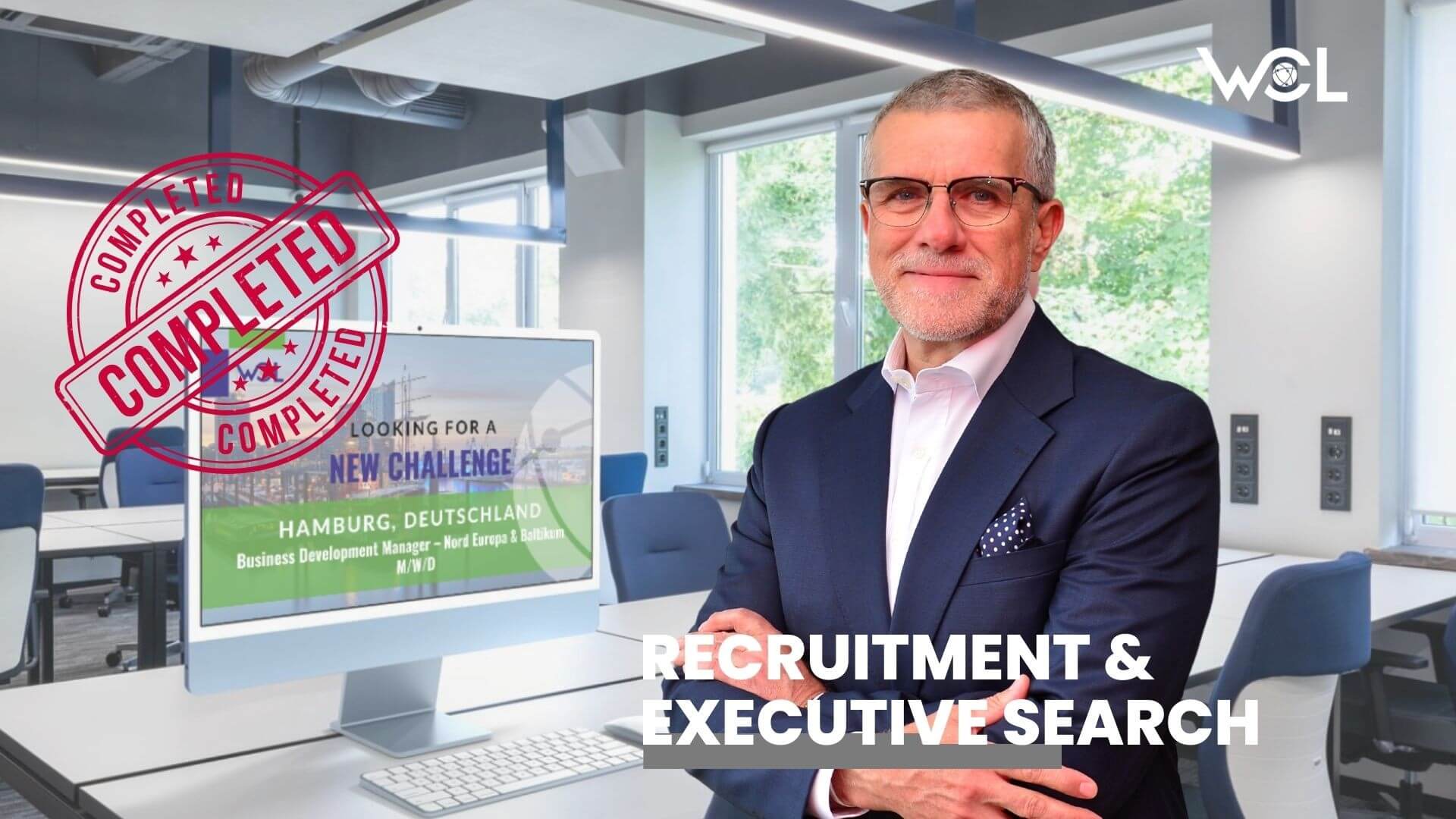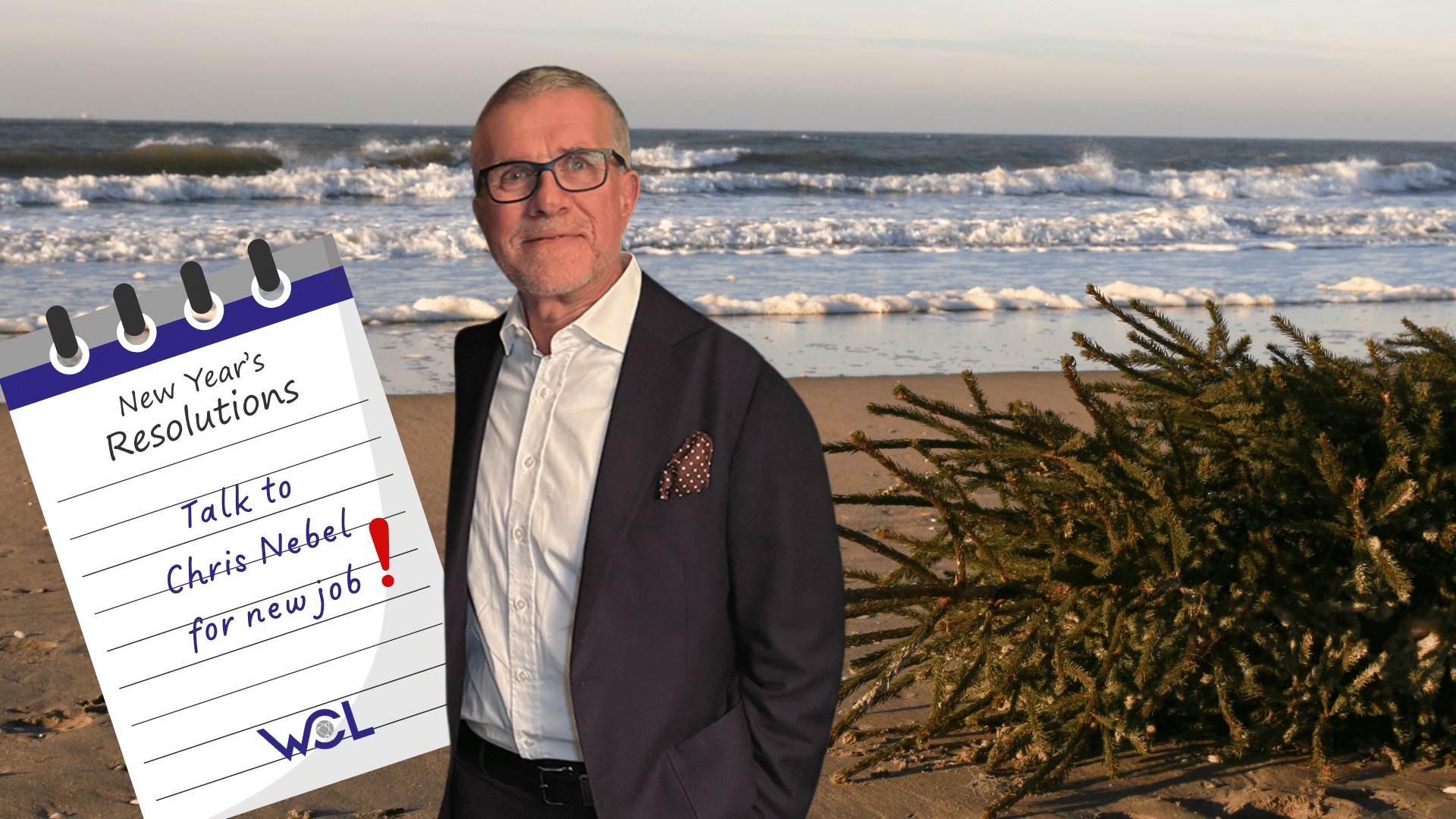Trade Fair Recap with Christian Nebel from WCL:
Trade Fair Highlights with Christian Nebel – Executive Search at WCL in Focus At transport logistic 2025 in Munich, our global partners came together for an intensive exchange. In this short interview, Christian Nebel talks about new assignments, international networking, and the growing importance of Executive Search in the logistics industry. WCL speaks with Christian […]
